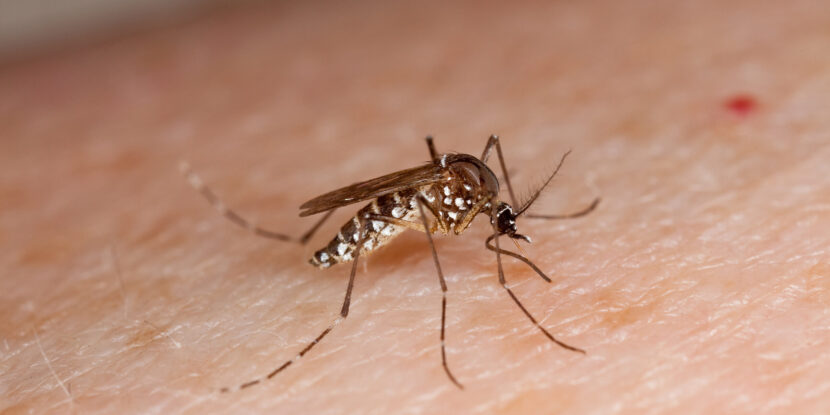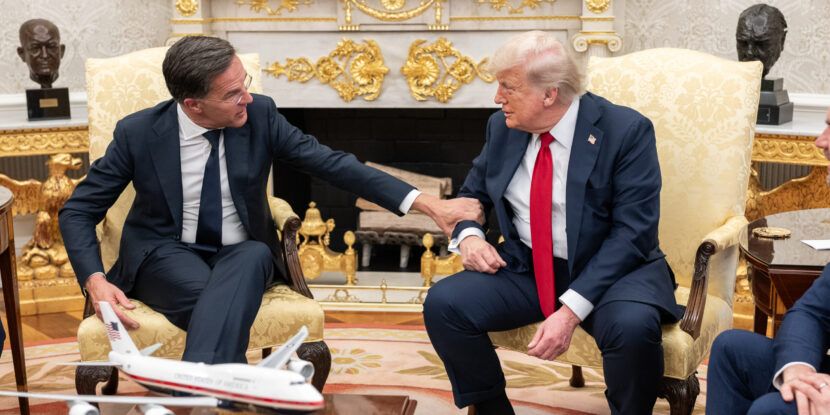Dutch researchers, funded by Bill Gates, are experimenting with genetically modified mosquitoes to combat malaria—turning the pests into “flying vaccinators”—raising ethical concerns about informed consent to vaccination.
The details: Researchers at Leiden University Medical Center, with $1,578,317 in backing from the Bill & Melinda Gates Foundation, have demonstrated that they can effectively modify malaria parasites (called GA2) and use mosquitos to transmit them to humans through bites.
- In the study of 43 participants, mosquitoes carrying the GA2 parasite protected 88 percent of subjects, compared to minimal protection from the placebo group (12.5 percent).
- 597,000 people died from Malaria in 2023, according to the World Health Organization.
Ethical issues: In 2010, Japanese researchers conducted a similar study but acknowledged that “medical safety issues and concerns about informed consent mitigate the use of the ‘flying vaccinator’ as a method to deliver vaccines.”
Zoom out: Bill Gates has made clear his desire to use his wealth to shape our society in his image. Recall that, during the COVID-19 pandemic, he used his wealth and clout to dictate much of the response. He’s invested hundreds of millions of dollars into climate change initiatives. And, in the past few years, he’s bought up incredible amounts of land from small U.S. farmers.
Big picture: One of the few lessons learned over the past four years is the importance of maintaining a healthy skepticism toward ‘experts’ in government and science. Granting our leaders a tool to bypass consent and impose vaccinations on the population is not only ethically unacceptable but a dangerous precedent that must be rejected.




















